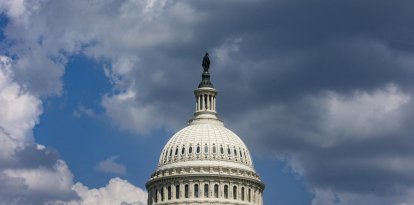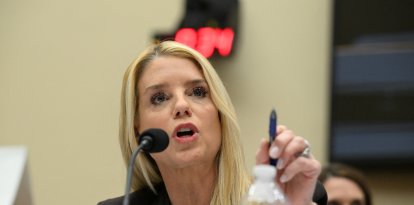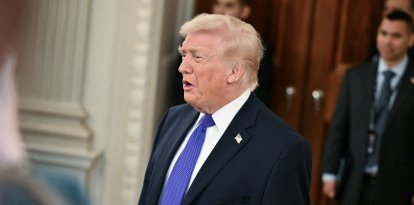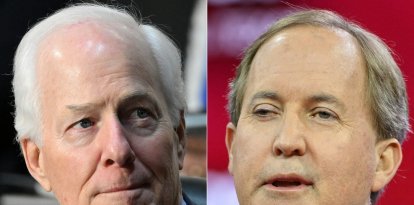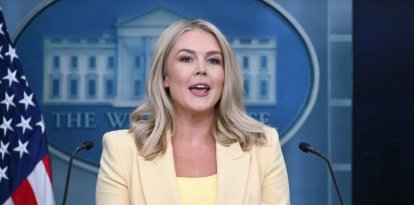Trump's executive order to reduce drug prices: real or symbolic measure?
Although the measure promises a rapid and significant reduction in prices, doubts persist about its actual implementation and the results it could achieve.
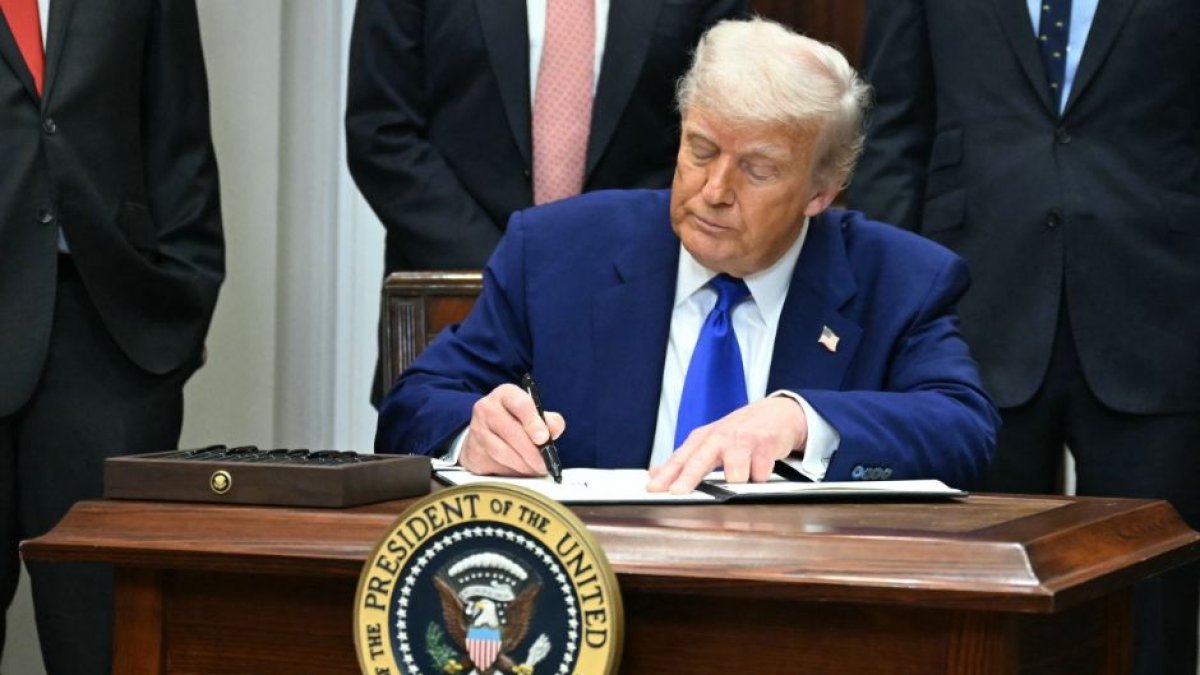
Donald Trump signing an executive order.
Promising to alleviate one of the highest out-of-pocket expenses for Americans, President Donald Trump signed an executive order seeking to reduce the cost of drugs. According to his statements, the measure would generate a rapid and significant drop in the prices paid by millions of consumers. But behind the announcement, doubts persist about its actual implementation and the results it could achieve.
The order gives pharmaceutical companies 30 days to voluntarily reduce the prices of their products. If they fail to do so, they could face a "Most Favored Nation" model, in which the government would seek to match the prices of certain drugs with the lower prices paid by developed countries such as Germany or Canada, where treatments usually cost less.
This mechanism, while ambitious on the surface, is not accompanied by a detailed list of affected drugs or a clear procedure for its implementation. "The order itself is so vague that it's difficult to predict the exact impact it may have," commented Kim Monk, a policy analyst at Capital Alpha.
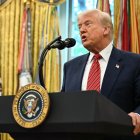
Politics
Trump signs executive order to lower the price of prescription drugs and pharmaceuticals
Carlos Dominguez
A tried-and-true approach facing new limits
The idea of linking prices to those abroad is not new. Trump proposed something similar during his first term, in the context of the Medicare program, but the plan was stopped by a federal judge after a lawsuit from the pharmaceutical industry. This time, the path could be even more complex.
A recent Supreme Court ruling limited the ability of federal agencies to interpret and apply laws without explicit congressional approval. This could make it difficult for the new order to translate into substantive changes without legislative support.
Although Trump claimed to have talked with Republican leaders in Congress to seek support for legislation to strengthen his initiative, proposals involving direct government negotiation with pharmaceuticals have historically faced resistance within his own party.
Moreover, the pharmaceutical industry has already hinted that it could go to court again if it believes the measure affects its interests. "If people thought Harvard was well capitalized enough to fight back against Trump's lawsuits, wait until they see the drug industry," commented John Barkett, a former White House policy adviser.

Economy
Pharmaceutical company Bristol Myers pledges $40 billion investment over five years
Diane Hernández
A system that makes drugs more expensive
According to a 2021 Government Accountability Office report, prescription drugs in the United States are, on average, two to four times more expensive than in countries such as Canada, Australia, or France. This difference not only generates frustration among millions of consumers but has also been a source of criticism from both political parties.
What else could stop the plan?
Beyond the power of the pharmaceutical lobby, there are other risks. Some analysts have warned that companies could simply withdraw from those countries where they sell cheaper today to prevent those prices from serving as a benchmark. In addition, certain researchers claim that foreign price control models underestimate the real value of drugs and that adopting such an approach in the U.S. could reduce long-term life expectancy and quality of life.















